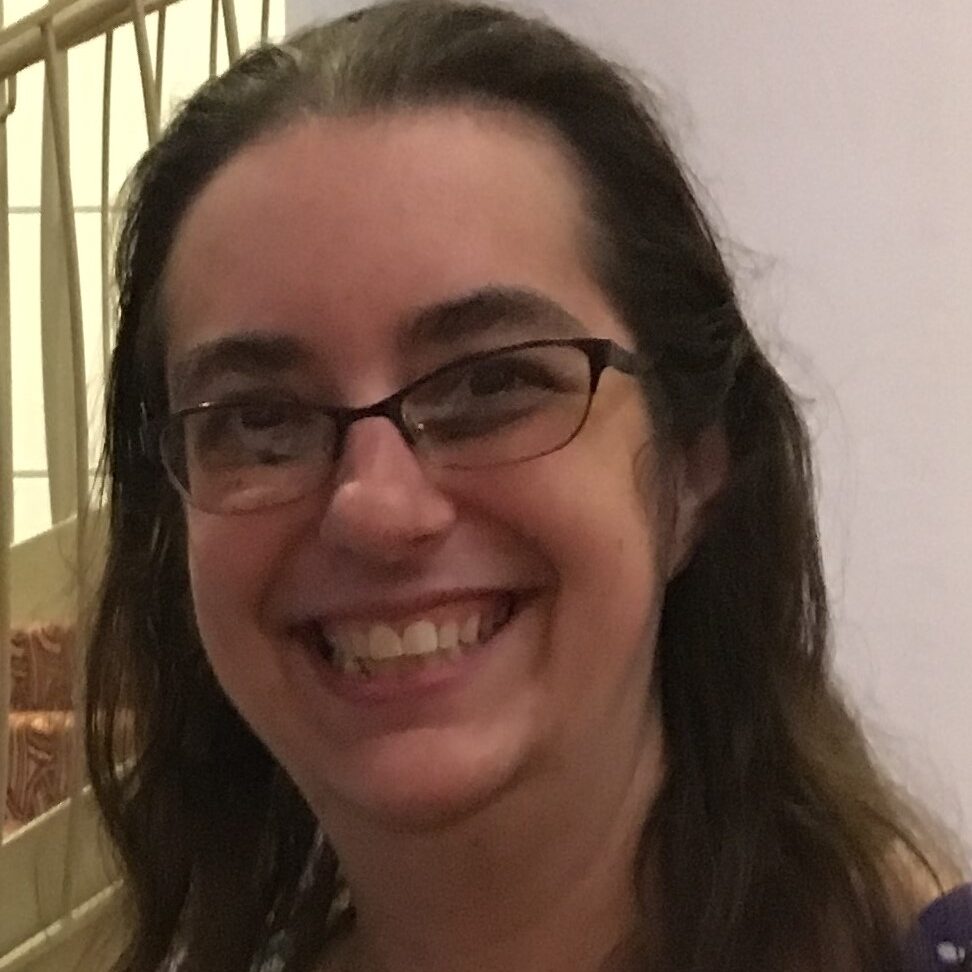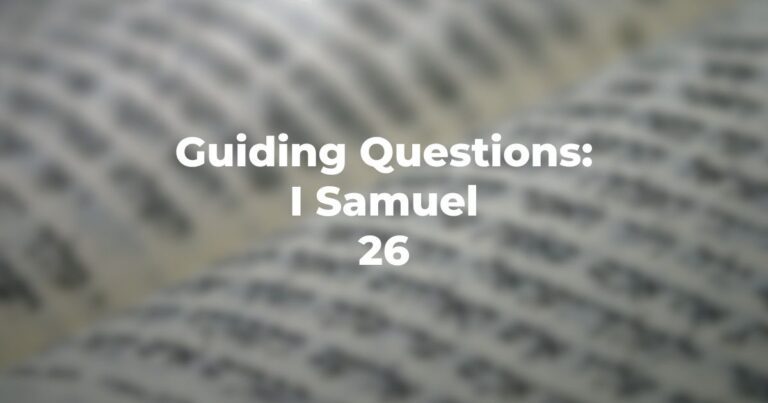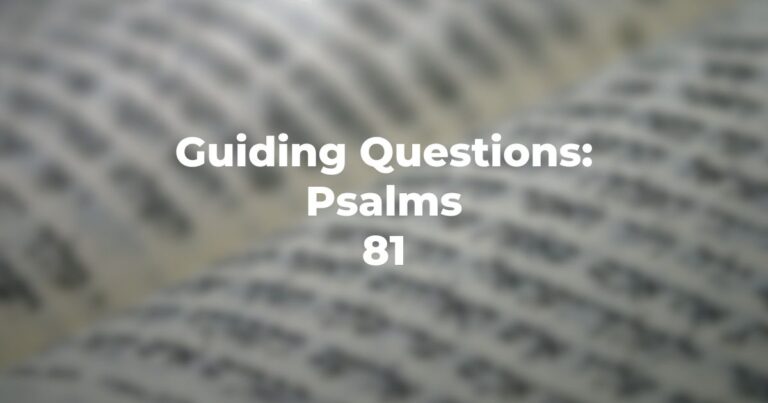Summary
Abram, Sarai, and Lot leave home to follow God. After a brief sojourn in Egypt due to famine, Abram and Lot part ways. Lot moves to Sodom, and is taken prisoner when the local kings fight one another. Abram rescues Lot, and God promises to reward Abram with numerous descendants.
Since Sarai is having trouble conceiving, she gives her maid, Hagar, to Abram. Hagar gives birth to Ishmael. Thirteen years later, when Abram is 99 years old, God changes his name to Abraham and Sarai becomes Sarah. God tells Abraham that Sarah will give birth to a boy that year, and they will name him Isaac. Circumcision, as a sign of the covenant with God, is to be performed on babies when they are eight days old, and as soon as Abraham learns about this, he, Ishmael, and all the men in the household are circumcised.
Aliyah-by-Aliyah Summary
1st Aliyah: Genesis 12:1-13
God tells Abram to go from his birthplace to a place that God shows him. God blesses Abram, and Abram takes his nephew Lot, his wife Sarai, their possessions, and their followers with him. God promises Canaan to Abram’s descendants, but because there is a famine in the land, Abram continues into Egypt for respite.
2nd Aliyah: Genesis 12:14- 13:4
Abram tells Sarai to lie and say she is his sister so that he will not be killed because of her beauty when Pharaoh wants her. Sarai is taken to Pharaoh’s palace, and Abram gains livestock and slaves because of her. God punishes Pharaoh for taking Sarai, and it is revealed that she is Abram’s wife. Abram and Sarai are sent away from Egypt with all that they possess.
3rd Aliyah: Genesis 13:5-18
Lot’s herdsmen argue with Abram’s herdsmen because there is not enough land to support them all together. Lot proposes going in the opposite direction from Abram, and sets off eastward while Abram remains where he is in Canaan. Lot settles by Sodom, a city full of sinners. God tells Abram to look around in all directions so he can see all the land God is giving him.
4th Aliyah: Genesis 14:1-20
The many kings of the area fight battles with one another. The kings looted the area and took Lot with them. When Abram hears that Lot has been taken, he gathers the 318 members of his household and manages to defeat the kings and rescue Lot.
5th Aliyah: Genesis 14:21-15:6
God appears to Abram in a dream and tells Abram that he will be rewarded. Abram points out that he is childless, therefore, it is his steward who will one day be his heir. God promises Abram that he will have as many offspring as there are stars in the sky, and Abram puts his trust in God.
6th Aliyah: Genesis 15:7-17:5
God tells Abram that his descendants will be strangers in a foreign land where they will be enslaved and oppressed, but God will set them free and punish their oppressors. God makes a covenant with Abram, and the borders of the land God assigns to Abram’s descendants are listed.
Sarai has not yet had children, so she offers her maid Hagar as a concubine. Hagar conceives, and conflict arises between Sarai and Hagar. In return, Sarai treats Hagar harshly, and she runs away. An angel tells Hagar to return and promises she will have numerous descendants. The angel also tells her to name the baby Ishmael. Thirteen years after Ishmael is born, when Abram is 99 years old, God again promises that Abram will be the father of many nations, and changes his name to Abraham.
7th Aliyah: Genesis 17:7-24
God tells Abraham to circumcise his male offspring when they are eight days old as a sign of the covenant. God changes Sarai’s name to Sarah and says that she will give birth to a son. Abraham laughs at the idea that he and Sarah could have a baby at their advanced ages. God reiterates that Sarah will give birth to a baby boy and they will name him Isaac. God also promises that Ishmael will be blessed, though the covenant will only be with Isaac.
God leaves, and Abraham circumcises himself, Ishmael, and all the males of his household. (Maftir: Genesis 17:24-27) Abraham is 99 years old and Ishmael is thirteen when they are circumcised on the same day as Abraham’s conversation with God.
Triennial Breakdown
Note: For more information about the tradition of spreading the TorahRefers to the first five books of the Hebrew Bible, the Tanakh, also called the Five Books of Moses, Pentateuch or the Hebrew equivalent, Humash. This is also called the Written Torah. The term may also refer to teachings that expound on Jewish tradition. Read more readings over a 3-year cycle see here.
| Aliyah | Year 1: 12:1-13:18 | Year 2: 14:1-15:21 | Year 3: 16:1-17:27 |
|---|---|---|---|
| 1 | 12:1-12:3 | 14:1-14:9 | 16:1-16:6 |
| 2 | 12:4-12:9 | 14:10-14:16 | 16:7-16:9 |
| 3 | 12:10-12:13 | 14:17-14:20 | 16:10-16:16 |
| 4 | 12:14-12:20 | 14:21-14:24 | 17:1-17:6 |
| 5 | 13:1-13:4 | 15:1-15:6 | 17:7-17:17 |
| 6 | 13:5-13:11 | 15:7-15:16 | 17:18-17:23 |
| 7 | 13:12-13:18 | 15:17-15:21 | 17:24-17:27 |
| Maftir | 13:16-13:18 | 15:17-15:21 | 17:24-17:27 |
Triennial Summaries
Year 1: See Aliyot 1-3
Year 2: See Aliyot 4-the middle of Aliyah 6
Year 3: See from the middle of Aliyah 6-7
Haftarah Summary
Haftarah: Isaiah 40:27-41:16
Trusting in God restores a person’s strength. It’s good when people help each other, but we, Abraham’s descendants, have God with us. God helps us.
See our Haftarah breakdown here.
Author
-

Rabbi Suzanne Brody is a passionate Jewish educator, writer, reader, and crochet enthusiast. She is the Director of Ithaca Beit MidrashLiterally, “house of study,” it refers to a school or a communal study hall. Plural: Batei Midrash Read more (www.ithacabeitmidrash.com) and hopes you’ll join her for a class or two! Rabbi Brody is also the author of multiple books of poetry and fiction (available on Amazon). When she is not at her computer or by the lake writing, Suzanne can be found teaching in both formal and informal Jewish educational settings or enjoying time with her husband, their two teens, and cuddling with their dogs and cats.
View all posts https://www.amazon.com/s?k=suzanne+brody&crid=20HPAG70405E9&sprefix=suzanne+brody%2Caps%2C207&ref=nb_sb_noss_1






